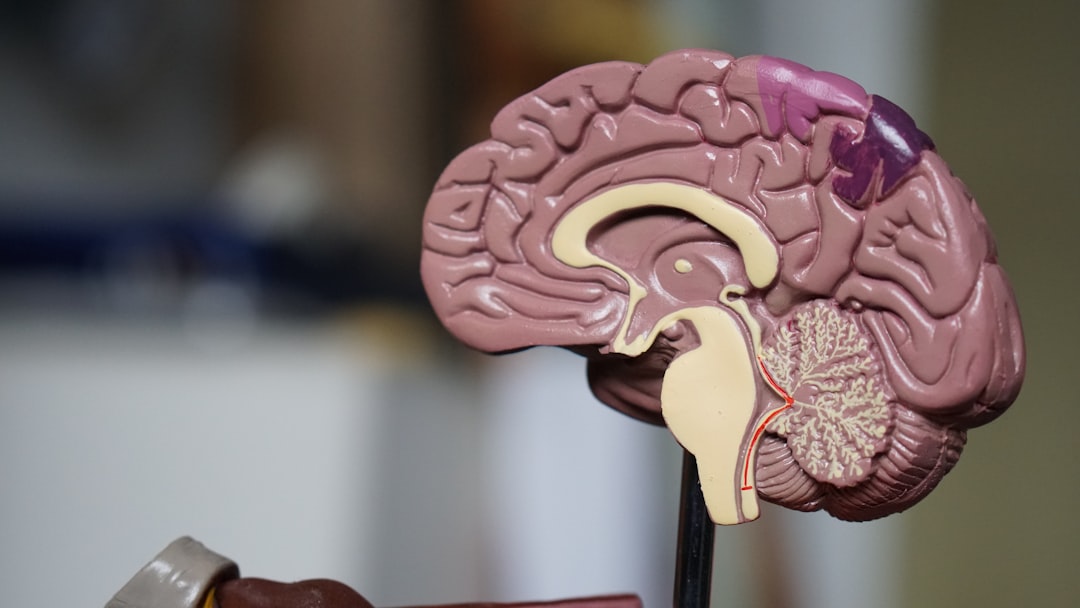Alzheimer’s disease is a progressive neurological disorder that affects the brain, gradually impairing memory, thinking, and behavior. As the disease progresses, individuals experience different stages, each characterized by varying symptoms and levels of impairment. Understanding the stages of Alzheimer’s disease is crucial for caregivers, family members, and healthcare professionals to provide appropriate support and care. This knowledge can help anticipate the changes that may occur and implement strategies to manage the condition effectively at each stage. The stages of Alzheimer’s disease typically include early, middle, and late stages, each presenting unique challenges and requiring tailored approaches.
Early Stage of Alzheimer’s Disease
The early stage of Alzheimer’s disease, also known as mild cognitive impairment, can be challenging to detect as the symptoms are often subtle and may be mistaken for normal aging. During this initial phase, individuals may experience minor memory lapses, such as forgetting recent conversations or misplacing items. They may also struggle with finding the right words, experience difficulty with planning or organizing, and exhibit changes in mood or behavior. Despite these early signs, individuals in the early stage of Alzheimer’s disease can typically function independently and engage in most daily activities. It’s crucial to recognize these early symptoms and seek prompt medical attention, as early diagnosis and intervention can help manage the progression of the disease and improve the quality of life for both the individual and their caregivers. Understanding the stages of Alzheimer’s disease is essential for providing appropriate care and support throughout the journey.
Middle Stage of Alzheimer’s Disease
The middle stage of Alzheimer’s disease, also known as the moderate stage, is typically the longest and can last for many years. During this stage, the damage to the brain becomes more extensive, and the symptoms become more pronounced. Individuals in the middle stage of Alzheimer’s may experience significant memory loss, making it increasingly difficult to retain new information or recognize familiar people, places, or objects. They may struggle with basic daily activities such as dressing, bathing, and using the restroom. Additionally, they may exhibit behavioral changes, including confusion, irritability, anxiety, and wandering. Communicating coherently becomes a challenge, as they may have difficulties expressing their thoughts and understanding others. As the disease progresses, they may also experience hallucinations, delusions, and personality changes. During this stage, individuals with Alzheimer’s often require increasing levels of care and supervision to ensure their safety and well-being.
Late Stage of Alzheimer’s Disease
The late stage of Alzheimer’s disease, also known as the severe or advanced stage, is the final phase of the progressive neurological disorder. This stage typically lasts from several weeks to several years. During this period, individuals experience a significant decline in their cognitive and functional abilities, requiring round-the-clock care and assistance with even the most basic of daily activities. Communication becomes increasingly difficult, and many individuals lose the ability to speak and understand language. They may also experience significant personality changes, becoming agitated, anxious, or withdrawn. Mobility is severely impaired, and individuals may become bedridden and lose the ability to control bodily functions. Ultimately, the late stage of Alzheimer’s disease leads to complete dependence on caregivers for all aspects of care, including eating, bathing, and dressing. It’s a profoundly challenging time for both the individual and their loved ones, requiring immense patience, compassion, and support from healthcare professionals and caregivers.
Symptoms in the Early Stage
The early stage of Alzheimer’s disease is often characterized by mild symptoms that may go unnoticed or be attributed to normal aging. One of the most common signs in this stage is difficulty remembering recent events or conversations. Individuals may find themselves repeatedly asking the same questions or forgetting important dates and appointments. They may also experience challenges with problem-solving, planning, and organizing tasks, leading to difficulties in managing their daily routines. Additionally, confusion with time and place can occur, making it challenging to keep track of schedules or navigate familiar surroundings. As the stages of Alzheimer’s disease progress, these early symptoms may become more pronounced and impact daily life significantly.
Symptoms in the Middle Stage
As Alzheimer’s disease progresses, individuals enter the middle stage, which is typically the longest and can last for several years. During this phase, the symptoms become more pronounced and significantly impact daily life. One of the most noticeable symptoms is increased confusion and disorientation. Individuals may struggle with simple tasks, forget recent events or conversations, and have difficulty recognizing familiar people or places. Memory loss becomes more severe, and they may need assistance with activities of daily living, such as dressing, bathing, and using the restroom. Communication becomes increasingly challenging, making it difficult for them to find the right words or follow conversations. They may experience mood swings, personality changes, and even delusions or hallucinations. Wandering and getting lost are common occurrences as their sense of direction and spatial awareness diminishes. Additionally, individuals in the middle stage of Alzheimer’s disease may exhibit inappropriate social behavior, lack of judgment, and difficulty with problem-solving and reasoning.
Symptoms in the Late Stage
As Alzheimer’s disease progresses into its late stage, the symptoms become increasingly severe, affecting the individual’s ability to function independently. During this stage, cognitive impairment becomes profound, and the person may experience significant memory loss, difficulty recognizing loved ones, and an inability to communicate effectively. They may lose the ability to respond to their environment, control bodily functions, and perform basic self-care tasks. Wandering and becoming lost, even in familiar surroundings, is a common concern. Some individuals may experience personality and behavior changes, such as agitation, aggression, or delusions. Physical symptoms may also arise, including difficulty swallowing, incontinence, and an increased risk of infections. As the Stages of Alzheimer’s disease advance, around-the-clock care and support become crucial for the safety and well-being of the affected individual.
